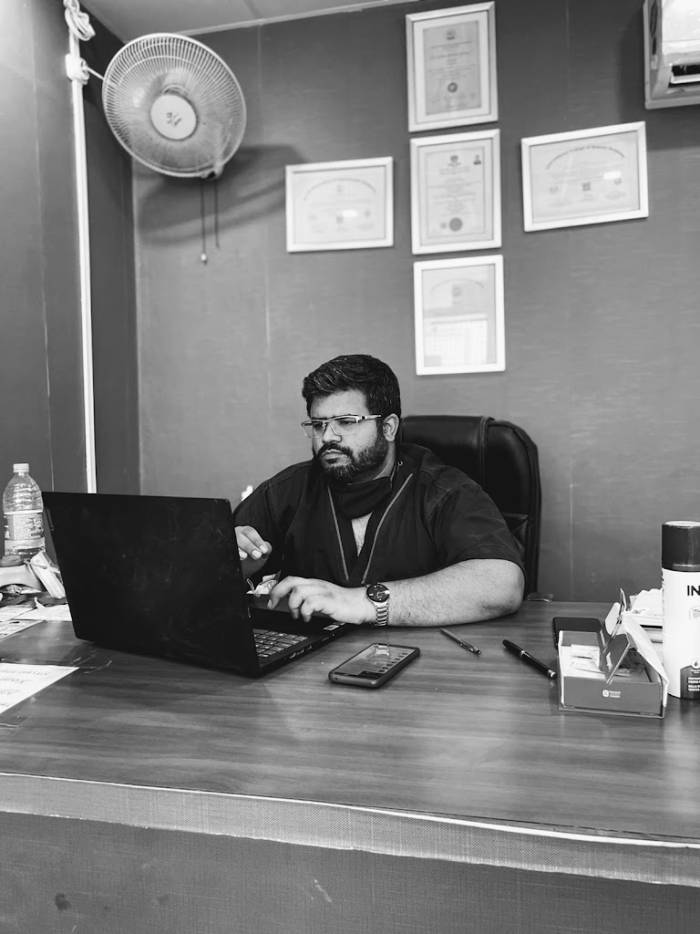
Post Infectious IBS and How Gut Infections Trigger Long Term Digestive Problems
PI-IBS is a type of IBS that begins following a gastrointestinal infection. While most people recover easily after having food poisoning, a few find that their symptoms still linger such as abdominal pain and unusual bowel movements. There are many Top Gastroenterologist in Agra.
What Is Post-Infectious IBS?
PI-IBS develops after an infection of the digestive system by bacteria, viruses or parasites. Since these infections disrupt the lining of the gut, its function is altered which can cause symptoms for a long time. PI-IBS is diagnosed if the person suffers from IBS symptoms for at least six months after having an infection.
Common Triggers and Infections
In most cases, PI-IBS is linked to campylobacter, salmonella, shigella and E. coli. Viral diseases such as norovirus, may lead to asthma episodes. Things that may put a person at risk include a very severe infection, having a long period of fever, taking antibiotics and emotional or mental stress during the illness.
Symptoms and Diagnosis
PI-IBS appears with the typical symptoms of IBS, including cramping, bloating, diarrhea, constipation or both. The process of diagnosis includes an evaluation of symptoms and ruling out IBD or celiac disease. You can easily find the Best Gastro Doctor in Agra.
Possible Mechanisms and Gut Changes
Bacteria may enter the gut after an infection and cause inflammation, nerve damage and changes in gut bacteria which could result in PI-IBS. As a result of these changes, the nervous system between the gut and brain becomes more sensitive and experiences difficulties with motility.
Conclusion
It points out that after seeming short bouts of gastrointestinal infection, some effects can persist in the body. When a person knows what causes back pain, how to recognize its symptoms and what treatments exist, they can take steps to be comfortable. Dr Karan R Rawat is a qualified gastroenterologist at a safe surgery center.



